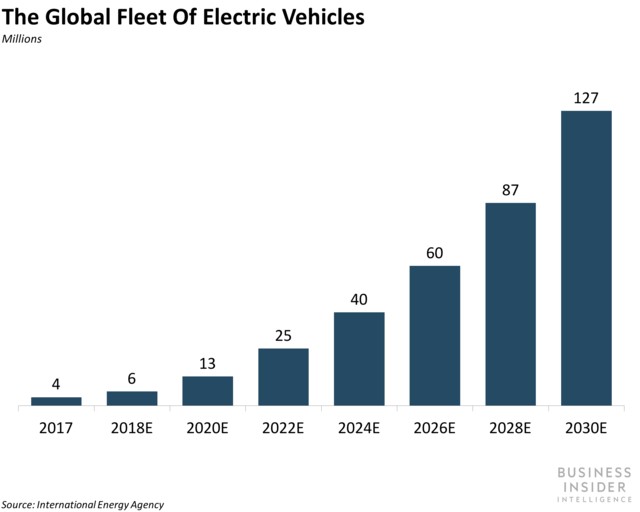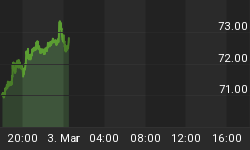Tesla might have set the rules of the road when it comes to electric car manufacturing, but this monarchy isn’t going to last forever. There are plenty of challengers to the EV throne, and by 2021, according to new research from PA Consulting, Tesla will only be in 7th place.
It’s number one for now, and will remain so next year, but from then onwards, things will change. And it’s all about Daimler, and the German touch.
When it comes to strategy, battery technology, culture, supplier networks, partnerships and financial performance of EV manufacturers, PA Consulting says that German automakers will emerge in the lead, overtaking their American competition.
More specifically, Mercedes--a division of Daimler AG—is expected to take the lead, following by BMW, the Renault-Nissan-Mitsubishi Alliance and VW Group.

(Click to enlarge)
Source: PA Consulting
“Achieving CO2 targets and improving e-mobility performance go hand in hand,” Thomas Göttle, head of PA Consulting’s automotive business, said in a statement. “For the manufacturers, however, this also involves great need for action in terms of organization and personnel.”
Research also shows that the roles of 267,000 employees at 16 brands across Europe will be under threat. This is such a dynamic industry segment that over 140,000 employees might end up needing re-qualifications over the next 10 years. Related: Stock Market Sentiment Turns Bullish
“To improve their future mobility performance score and meet CO2 targets by 2021, car makers should not only accelerate and realign their new product development, they need to consider value creation in their supply chain and increase sales by customer focus,” said Göttle.
This is where Germany tends to excel: Simultaneously working towards value creation and building out EV car lineups is a challenge the Germans are definitely up to.
Daimler is a case in point. It’s picking up speed all around, while also building its fleet of EVs and semi-trucks, adding two electric trucks to compete with Tesla. Its goal is to have 100,000 annual big-rig sales by 2020, and it’s set on offering up an electric version of every single model it sells.
BMW isn’t far behind. It’s dead set on hitting mass production by 2025 with 12 fully electric models with a range up to 700 kilometers. Then there’s VW Group, which is extra motivated in the never-subsiding wake of its diesel emission crisis to go electric—fast. The auto giant aims to have 80 new electric cars by 2025 across its group brands. By the same year, it’s hoping to sell 2-3 million EVs.
As for 2019, it’s still a Tesla story, and this is where most EV car sales are expected to come from. But there have been a lot of problems lately, not least of which are uncertainty over Model 3 production and a media flurry surrounding some questionable tweets from Elon Musk.
EV tax credits in the U.S. have also just expired after hitting the 200,000 mark, so going electric will get more expensive.
There’s still time for Tesla to overcome, and all eyes will be on an agreement with China to build a Gigafactory in Shanghai to deal with the surging EV demand.
Related: What Is Bitcoin Really Supposed To Be?
According to International Energy Agency report, electric vehicles will grow from 3 million to 125 million by 2030.

(Click to enlarge)
Source: Business Insider
But Tesla’s days in the top spot could be numbered less by missteps and more by the latent activity of its rivals. And while Germany looks poised to lead this race in the future, American rivals such as GM, Ford and Fiat-Chrysler won’t likely just be sitting around watching it happen.
By Damir Kaletovic for Safehaven.com
More Top Reads From Safehaven.com:

















